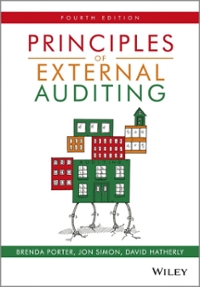Question
Suppose a corporation (the investor company) owns 164 million shares in another corporation (the investee company).The investor company wishes to liquidate the majority of its
Suppose a corporation (the investor company) owns 164 million shares in another corporation (the investee company).The investor company wishes to liquidate the majority of its holdings. The average basis per share of the investor companys holdings is $17.62, and the investee company is currently trading at $61 per share.(Note that, in this problem, we keep tax rates and DRD rules at historical values that were applicable when the example transaction actually occurred.)
a. Assume that the investor companys tax rate is 35%. What are the tax consequences of an open market sale of 95% of its holdings in the investee company (that is, a sale of 156 million shares)?
b. Note that the after-tax gain to the investor is the same if, instead of an open market sale, the investor sold the stock back to the investee company directly. Now instead of selling the stock back to the investee company, suppose the transaction could be structured such that the "sale proceeds" would be taxed as a dividend to the investor company. Further suppose the investor company could exclude from taxable income 80% of the dividend received (because the investor company owned approximately 25% of the investee company prior to this transaction). What are the tax consequences of dividend treatment of the "sales proceeds"?
c. Which tax treatment is better for the investor company? What are the tax effects, if any, for the investee company? Are there any nontax costs to the dividend treatment?
Step by Step Solution
There are 3 Steps involved in it
Step: 1

Get Instant Access to Expert-Tailored Solutions
See step-by-step solutions with expert insights and AI powered tools for academic success
Step: 2

Step: 3

Ace Your Homework with AI
Get the answers you need in no time with our AI-driven, step-by-step assistance
Get Started


